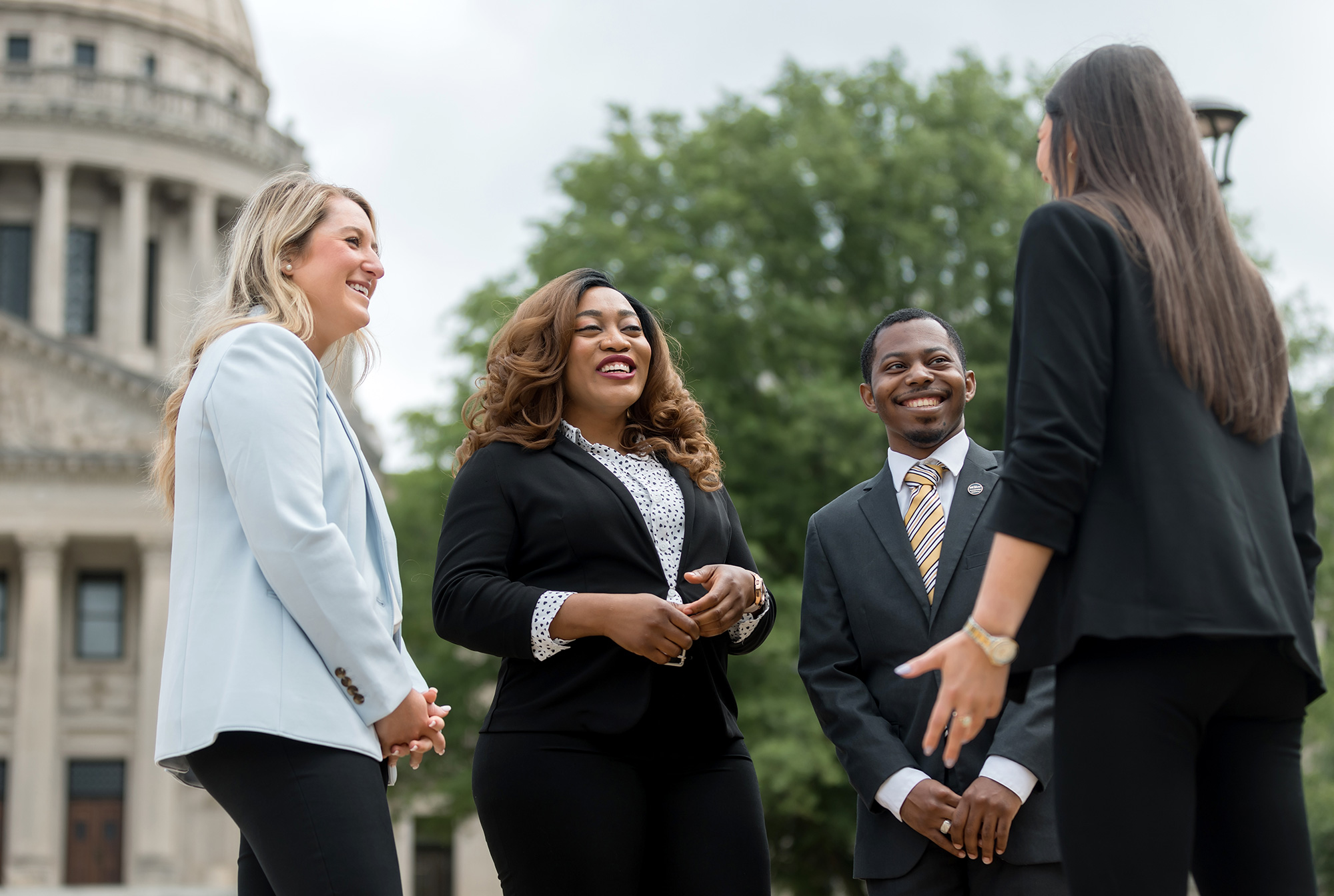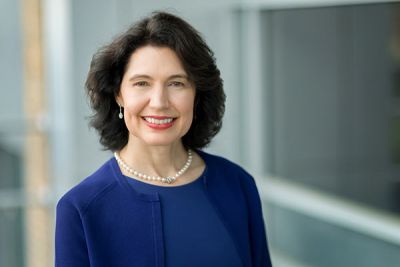Explore the Intricacies of Today’s Business and Tax Law.
The Business and Tax Law Center acquaints students with a number of analytical and technical tools necessary for understanding and navigating complex legal, ethical, economic, tax, and technology issues involved when advising clients in today’s global and digital business world.

The Business and Tax Law Center connects students with attorneys and business leaders, provides hands-on opportunities to work with cognitive technologies, and seeds an information ecosystem where MC Law graduates can envision and build their legal careers aligned with their values and personal goals.
The Center will actively explore how business and tax lawyers will increasingly partner with artificial (synthetic) intelligence tools. Building on Professor Escajeda’s ongoing research on human-machine teaming, the Center will examine legal and technical issues and limitations involved with using these cognitive technologies.

The Business and Tax Law Center Supports You in Experiential Learning
Because skilled business and tax attorneys will always be in demand, the Center supports students in exploring career opportunities through coursework, externships, and business and tax competitions.
The MC Business and Tax Law Center’s activities include:
- Offering foundational business and tax law courses.
- Incorporating AI technologies into coursework.
- Supporting student externships, research projects, and competitions.
- Hosting business and tax law scholars and practitioners who can share their research and expertise.
- Promoting student and faculty research that focuses on human-centered business and tax policies, human-AI teaming, knowledge entrepreneurship, legal practice innovation, lifelong knowledge and skills development, career satisfaction, and practitioner mental and physical wellness.
In addition to emphasizing the importance of human-centered AI, the Center will provide students with opportunities to use some of these platforms. Students will also learn about essential lawyer soft skills such as observing, listening, questioning, and reflecting so that they may (1) uncover, understand, and respond to their clients’ emotions, needs, and goals, and (2) harmonize their clients’ objectives with algorithmic insights. Further, the Center’s programs will consistently emphasize lifelong learning so that students and graduates can create satisfying careers, deliver client value, and promote access to justice.
Contact The Business and Tax Law Center

Associate Professor Hilary G. Escajeda
Hescajeda@mc.edu
601.925.7127

